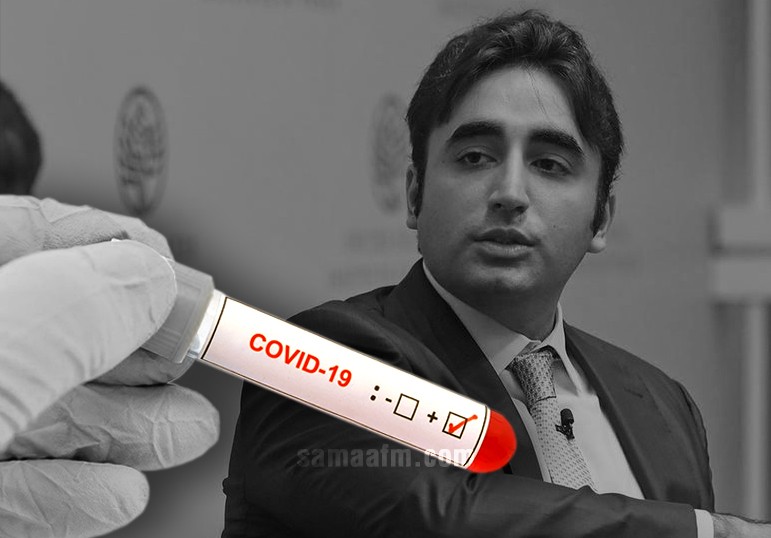
Bilawal Bhutto Tests Positive for COVID-19
The politician announced on Thursday that he had tested positive for COVID-19 and now isolating with mild symptoms.
Bilawal posted on Twitter, and urged people to wear masks and also said that he will be working from home and will be addressing the PPP foundation day via video link.
Bilawal has recently arrived to Karachi after almost a month-long election campaign in Gilgit-Baltistan. He has also been seen attending Pakistan Democratic Movement rallies.
With 43,963 active cases in the country 40 deaths were reported across the country over the last 24 hours.
3,306 people were tested positive for COVID-19 during the last 24 hours out of the 45,999 tests that were conducted during the same period, according to latest stats.
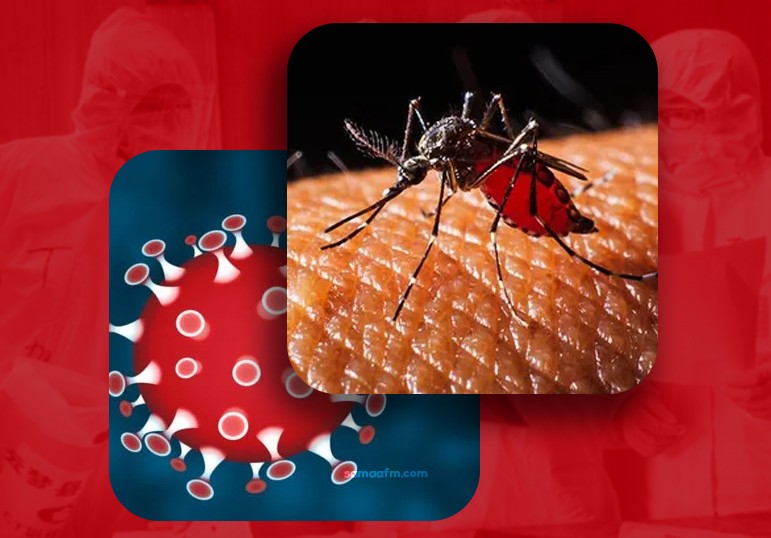
Experts Issued Warnings Related to Dengue and Coronavirus
Amid the increasing second wave of Coronavirus infection, healthcare experts urged the nation to take extra cautions as the seasonal ailments like viral flu; dengue may further add to the situation and deteriorate healthcare system in the country.
Health experts said dengue virus and the COVID-19 virus have similar symptoms at the early stage and people generally mix infection of both COVID-19 and dengue which could cause havoc for the patients during the current season.
In a recent press conference, DDHO Karachi East Dr Anila Qureshi stressed for collective efforts to deal with the situation instead of spreading panic in society, adding public awareness is the only way to prevent dengue fever.
She expressed caution that if the seasonal viral infections like dengue and malaria fever spread in addition to existing Coronavirus pandemic, there was a chance that people with already weak immune system would face difficulty.
With the covid-19 positivity rate shooting up to 7.46 per cent with 2,756 cases in the last 48 hours, all educational institutes are to be shut from November 26, 2020 to December 24, 2020, announced the Education Minister, Shafqat Mahmood. He also announced winter vacation to start from December 25, 2020 till January 10, 2021. Making it compulsory to all educational institutes.
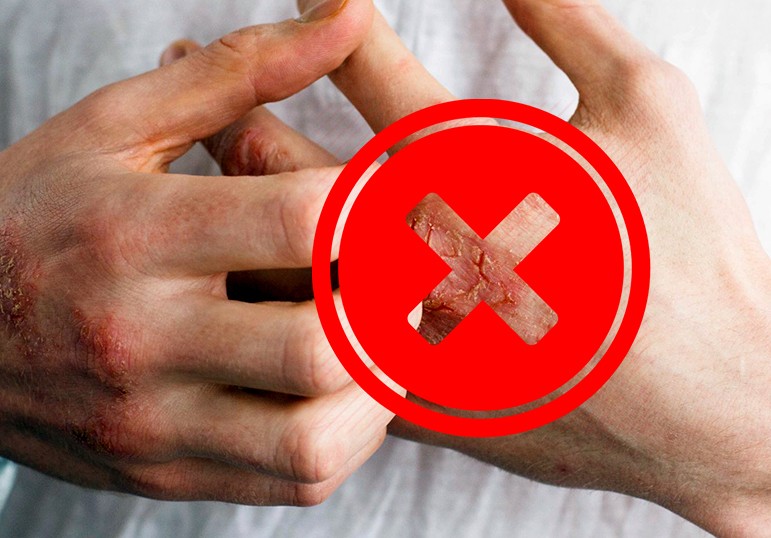
Avoid Eczema Flare-ups this Winter
Among the many types of dermatitis, the most common is atopic dermatitis also known and “atopic eczema” marked by itchy and inflamed patches of skin.
The symptoms of atopic eczema include rashes, redness, scaling and small blisters. Depending on the patient’s age, these symptoms usually appear on neck, face, scalp, under the elbows, buttocks, hands or feet. It is most common in babies, young children, and often occurs on the faces of infants.
Research does not prove what causes Eczema, however there are multiple factors triggering it which includes genetics, abnormal function of immune system and environment.
Winter may get extremely difficult for people who have Eczema, as eczematous skin is susceptible to temperature changes. Here are a few things to do to avoid and cure eczema flare-ups
Avoid hot showers
Heat can take out all the moisture and natural oils of your skin and dries it out, so you should avoid taking hot, steamy baths in winter. Minimize your shower time and use lukewarm water instead to maintain the moisture level in your skin.
Moisturize, moisturize and moisturize!
When the skin barrier is compromised, it will react and create inflammation. It is advised that people with eczema should moisturize their skin with a thick ointment, preferably a medicated one.
Hydrate
Hydration is the key! When your body gets sufficient amount of water, it will naturally helps your skin to maintain the moisture. 8 glasses of water is ideal to avoid any kind of eczema flare-ups in winter.
Switch towards natural fabrics
Winter is all about wool and polyester, but it can be a bad news for people with Eczema. As it triggers skin redness and inflammation the most. Use hypoallergenic and antimicrobial fabrics instead of synthetic fabrics to avoid the flare-ups.
Vitamin D
Vitamins are your best friends. With your eczema flare-ups you should take your vitamins regularly and Vitamin D supplement in specific can help you to fight off your skin conditions rapidly.
Know your Sunlight!
Sunlight can act as a soothing agent for people with eczema. As a matter of fact some people found a cure with ultraviolet ray treatment, but some people also find it as a leading cause of their flare-up. Know your sunlight. If you are planning to step out on a sunny day, shield yourself with a hat.
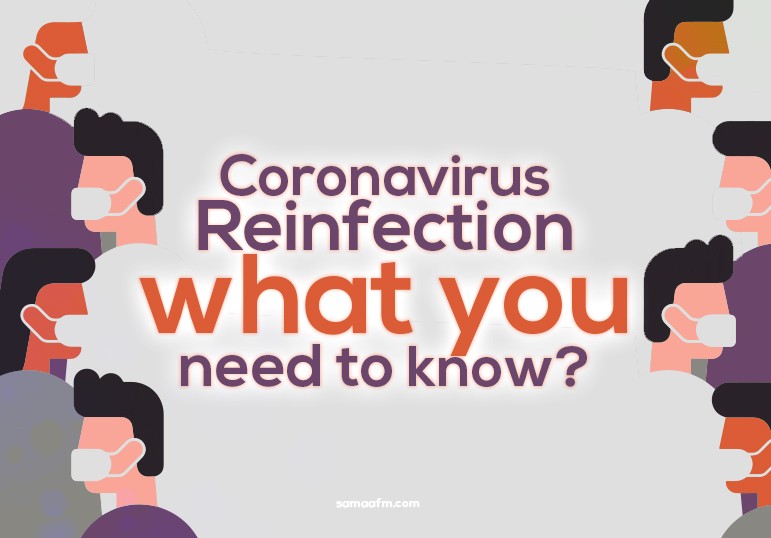
Coronavirus Reinfection: What You Need to Know
According to a new study six months after being infected from SARS-COV19, the blood of individuals who had mild, moderate or asymptomatic COVID-19 still contained immune cells that recognize the virus.
The study involves analysing multiple compartments of immune memory over time: antibodies, B cells and T cells, among other features of immune memory. The study included 185 adults, ages 19 to 81, in the United States who had recovered from COVID-19. Most of the adults had mild symptoms of COVID19.
The researchers – from the La Jolla Institute for Immunology, University of California, San Diego, and Icahn School of Medicine at Mount Sinai – analysed blood samples collected at various points following the onset of symptoms, with some collected more than six months later.
In the blood samples, the researchers examined components of immune memory. They found that antibodies “were durable” with only “modest declines” emerging at six to eight months, but noted that there was about a 200-fold range in the level of antibody responses among the adults.
The researchers also found that memory B cells were detected in almost all COVID-19 cases, and there appeared to be an increase in memory B cells over time. “B cell memory to some other infections has been observed to be long-lived, including 60+ years after smallpox vaccination, or 90+ years after infection with influenza,” the researchers wrote in their study.
The researchers identified two types of T cells and their data suggest that “T cell memory might reach a more stable plateau, or slower decay phase, later than the first 6 months post-infection,” they wrote.
Respiratory viruses such as influenza are trickier. People can catch flu over and over again and flu vaccines generally provide only partial protection against infection and severe disease. Part of that’s due to flu’s tendency to mutate.
Coronaviruses seem to fall in between. There are seven known Coronaviruses that can infect people and SARS-CoV-2 is just one of them. Many human Coronaviruses can cause the common cold, but because they are not usually deadly, they are not as well studied.
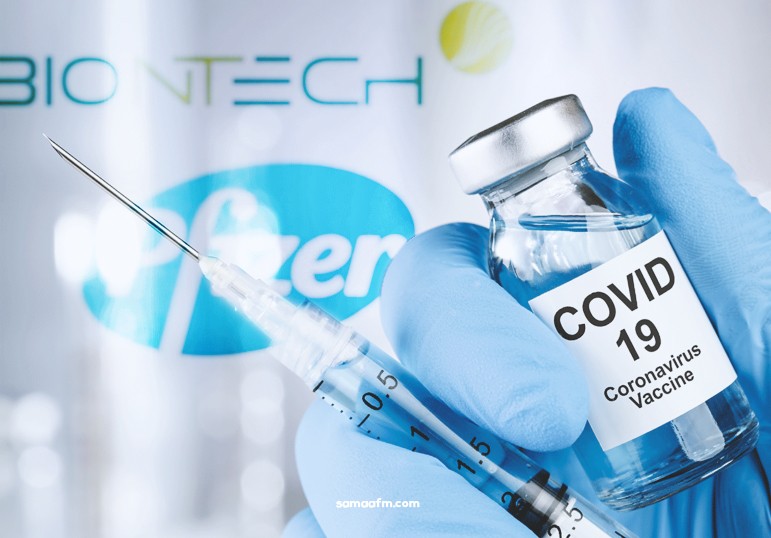
Pfizer-BioNTech to Seek Covid-19 Vaccine Approval in Days after Successful Trial
A leading Coronavirus vaccine candidate developed by Pfizer and BioNTech will be submitted for regulatory approval within days, the companies announced today.
This was finalised after it was suggested that the drugs are now working more efficiently than ever.
The U.S. pharma giant and its German partner said their “Phase 3” trial has now completed, and the vaccine is now 95 percent effective at preventing symptomatic Covid-19, which was on 90 per cent last week.
Currently there have been no serious side effects among the 41,135 adults who received two doses; common reactions include fatigue and headache which was among 3 percent.
“The study results mark an important step in this historic eight-month journey to bring forward a vaccine capable of helping to end this devastating pandemic,” Dr. Albert Bourla, Pfizer chairman and CEO, said in the statement. “With hundreds of thousands of people around the globe infected every day, we urgently need to get a safe and effective vaccine to the world.”
Experts have urged caution though, but this news still has arrived as a glimmer of hope in a bleak year.
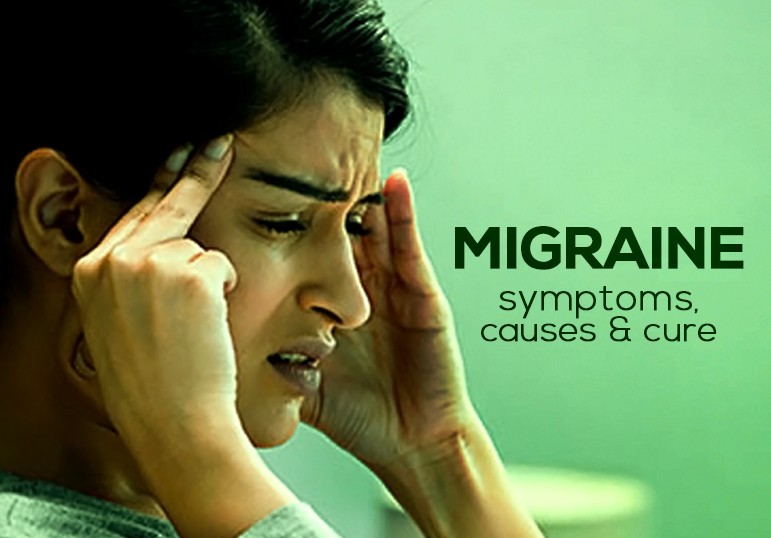
Migraine: Symptoms, Causes and Cure
Migraine headache is a result of specific changes within the brain. It causes severe head pain that is often accompanied by sensitivity to light, sound, or smells.
It is considered to be a condition that can cause multiple symptoms. Persisting headaches is one of the most common ones. Symptoms may also include nausea, vomiting, frequent yawning, fatigue, hyperactivity, difficulty speaking, numbness or tingling. Migraines often run in families and affect all ages.
Aura in Migraine
For many people, an aura occurs during or before the migraine. Auras are usually reversible symptoms of the nervous system. They get extremely disturbing and usually visible. The symptoms begin gradually and last for hours.
Some of the migraine auras include:
-Visual phenomena, such as seeing spots, shapes and flashes of light
-Sudden black out
-Pins and needles in arms of legs
-Uncontrollable shaking
-Numbness
How the pain feels like?
Some people define migraine pain as pulsating, throbbing, pounding and debilitating. The pain may start out as mild, but can easily become severe in the matter of minutes. It usually affects the forehead and eye area.
Mostly migraines last about 4 to 5 hours, if they don’t get treated; they can last for about 32 to 74 hours or in worst cases, a week as well. People with migraine cannot function properly without their medication.
Migraine can also happen due to plenty of triggers, which includes hormonal changes, stress, food, caffeine, change in weather and skipping meals.
How to treat?
Most migraines don’t cause lasting harm. Since there is no cure for it yet, treatment focuses on relieving symptoms and preventing additional attacks.
There are different types of medicines to relieve the symptoms. They include triptan, ergotamine, and pain relievers. The sooner you take the medicine, the more effective it is.
There are also other things you can do to feel better:
-Resting with your eyes closed in a quiet, darkened room
-Placing a cool cloth or ice pack on your forehead
-Drinking fluids
If the pain still persists for you, you should go in an E.R for a more in-depth medical exam. Knowing how to prevent migraines can often be the first step in managing them.

Sindh Chief Minister Murad Ali Shah tests positive for Coronavirus
In a statement released today by the CM house, Shah said that he had mild fever on Friday and his test results came positive today.
“On the advice of my doctors, I have gone into isolation,” he said, adding that he was currently only experiencing a slight fever.
Federal Minister of Science and Technology Fawad Chaudhry wished Murad Ali Shah speedy recovery.
Earlier in April, Shah’s brother-in-law Syed Mehdi Shah, the managing director of Sindh Industrial Trading Estate had died after testing positive for the Coronavirus at a Karachi hospital.
The National Coordination Committee is also likely to take a decision about early and extended winter vacations and a strategy to deal with the current wave rising in the country. Prime Minister Imran Khan will preside the meeting today.
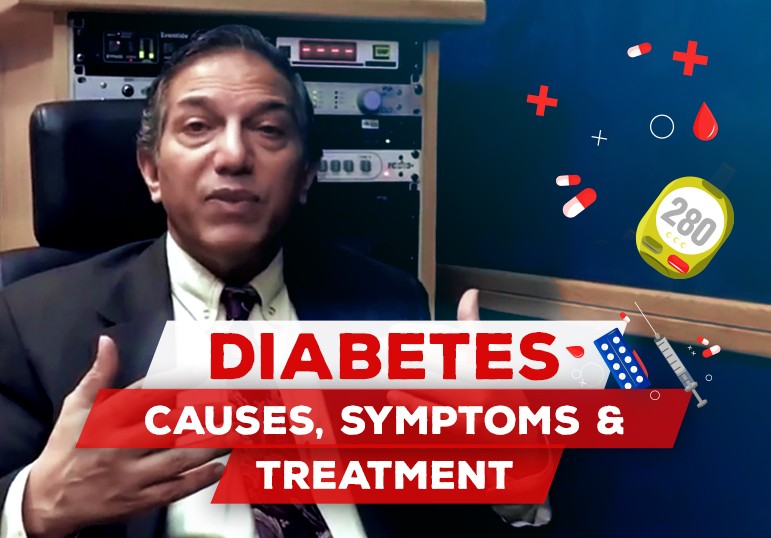
RJ Dr. Ajaz Qureshi explains everything about Diabetes on “World Diabetes Day!”
He began with explaining that diabetes is a metabolic disorder that causes high blood sugar. And due to diabetes your body doesn’t make enough insulin (an important hormone) or cannot effectively use it.
While talking about the differences between type1 and type2 diabetes he added that having a sedentary lifestyle, increased weight, less sleep cycles, stress, anxiety, excessive carbohydrate intake and consuming sugary items can be major contributing factors in diabetes.
People should not delay their insulin intakes, and adapt a healthy lifestyle, which includes less stress, avoiding sugar, white flour and salt and consulting your doctor for proper medication, he further added.
According to a report, there are currently over 199 million women living with diabetes, and the scale can go higher up to 313 million by 2040. He stressed that women should give extra attention to their symptoms, as the risk of gestational and post menopause diabetes is alarming.
As 71 Lac people in Pakistan are suffering from diabetes, Dr. Ajaz concluded with a thought that “Diabetes is not a disease, it is a disorder and by changing your lifestyle and adding healthy habits in your daily routine, this disorder can be fixed”.
Dr. RJ Ajaz Qureshi hosts “The Sunday Morning Show” on SAMAA FM107.4, every Sunday, from 7:00am to 11:00am.

Adult Acne – Causes, Symptoms and Cure
Usually adult acne appears after 25. And it can be painful as it consists of four contributing factors like clogged pores, sticky skin, bacteria and inflammation.
Not only direct factors; sometimes indirect factors play a vital role in aggravating the adult acne which includes:-
Clogged Pores
Build up is considered to be the root cause behind adult acne. Your pores which are little openings, that surround each of your hair follicle is an important part of your dermis and epidermis. It creates natural oils to protect your skin, but when those pores get clogged by dirt and bacteria, you will see a pimple uninvited.
Hereditary
If one of your parents had severe acne, it is likely that your acne will be more difficult to curb.
Poor Diet
This factor attacks most of the body with acne. Consuming carbohydrate-rich foods, such as fried items, pure chocolate or bread can worsen your acne.
Hormonal Changes
Sudden hormonal fluctuations, menstrual cycle in women, and hormonal stress can also be one of the factors which influence excessive oil production in your skin.
Cosmetics
Using cosmetics and skin care products which are not water-based and contain harsh silicons like dimethicones can make your pores clogged overtime and causes breakout.
What can you do to prevent and cure it?
No matter what you do to control your adult acne, it can make its way to your skin, however there are a few tips which you can follow to control it:-
– Don’t go to sleep without taking your makeup off.
– Try switching your makeup and skin care products. Do a test and trial with water-based products.
– Avoid facial oils.
– Some home remedies that can help you reduce it include aloe-vera, apple cider vinegar, tea tree oil, zinc and vitamin A. You can apply it directly on your skin to treat your stubborn acne.
– Spot treatment like Benzoyl Peroxide kills the bacteria off your skin and helps heal your acne.
– Oral medications can be helpful in some severe acne cases, depending on the root causes, consult with your dermatologist to see what might work the best for you.
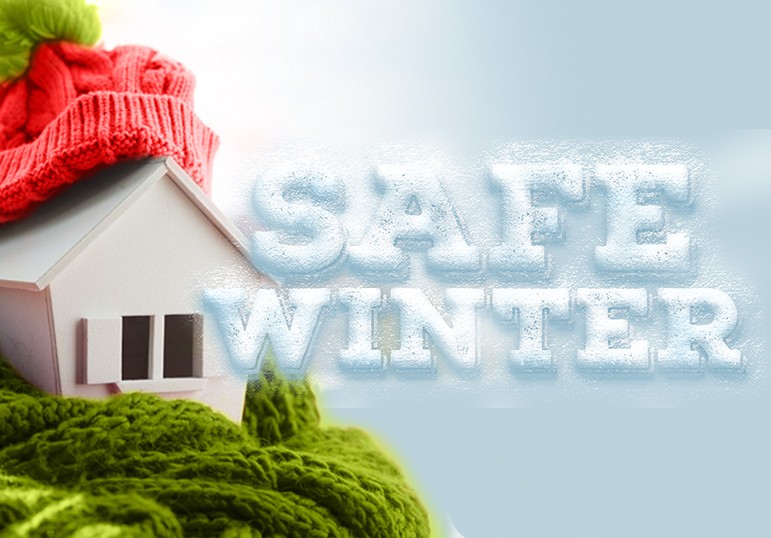
Make your winter safer in Quarantine!
But how can you make your winter safer in quarantine and lockdown? Let’s have a look at what you can do this winter.
– Anytime you are inviting someone, you are increasing the risk of contracting the virus, so avoid all social gatherings for a brief time, and that includes your relatives and friends as well.
– As Coronavirus can be conducive in cooler and drier weather, do get yourself vaccinated for other illnesses, which includes common flu (influenza), sinus infections and chest infections.
– Go out for groceries and make sure to wear your mask and gloves all the time and sanitize your hands regularly. Maintain physical distance at all costs. Stock up your necessities, but don’t be a hoarder. Although it is safer at home, it is still allowed to get outside for fresh air, make sure to keep your distance from others as a group.
– Keep yourself active with different exercises including Yoga, as it will strengthen your mind and soul and keep you fresh at home.
– Watch your favourite movies, play indoor card and board games, cook your favourite meals, have plenty of sleep and enjoy life as it is meant to be.
The pandemic can be exhausting. At times it can feel depressing too. But if you make healthier choices for your family now, you will be able to get through in mentally and physically.




